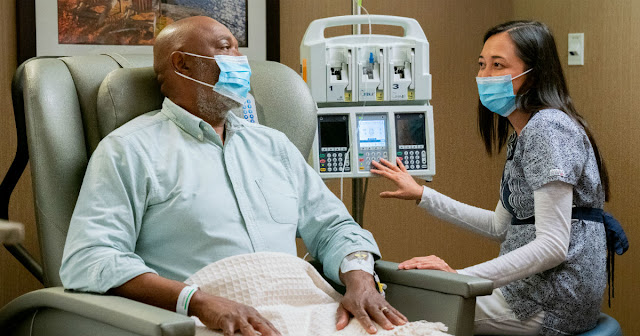"Emerging Trends in the CNS-Specific Antisense Oligonucleotide Market"
Antisense oligonucleotides (ASOs) have emerged as a promising class of therapeutics for various neurological disorders. These specialized molecules have the potential to target specific genes responsible for CNS (Central Nervous System) disorders, offering new hope for patients suffering from conditions that were previously difficult to treat. In this blog post, we will explore the growing market for CNS-specific antisense oligonucleotides, the key players, and the potential impact on the field of neuroscience.
Understanding
Antisense Oligonucleotides: Antisense oligonucleotides are short, synthetic
strands of DNA or RNA that can be designed to bind to specific messenger RNA
(mRNA) molecules. By binding to mRNA, ASOs can modulate gene expression, either
by promoting the degradation of the target mRNA or by preventing its
translation into a functional protein. This targeted approach makes ASOs a
promising avenue for treating genetic and neurodegenerative disorders.
CNS Disorders
Targeted by ASOs: The
CNS-specific antisense oligonucleotide market has gained momentum primarily
in the treatment of neurodegenerative diseases such as:
1. Spinal
Muscular Atrophy (SMA): ASO therapies like Spinraza (nusinersen)
have revolutionized the treatment of SMA, offering a lifeline to children with
this devastating condition.
2. Amyotrophic
Lateral Sclerosis (ALS): Ongoing research is exploring ASOs as
potential treatments for ALS, targeting genes associated with disease
progression.
3. Huntington's
Disease: ASOs are being developed to target the mutant
huntingtin gene responsible for Huntington's disease, raising hopes for a
disease-modifying therapy.
4. Alzheimer's
Disease: ASOs are being investigated as a potential
strategy to reduce the accumulation of beta-amyloid plaques in Alzheimer's patients'
brains.
Key Players in the
Market: Several pharmaceutical and biotechnology companies are actively
involved in developing CNS-specific antisense oligonucleotide therapies.
Notable players include:
1. Biogen: Known for
its commitment to neurology research, Biogen has made significant investments
in ASO therapies for diseases like SMA and ALS.
2. Ionis
Pharmaceuticals: A pioneer in ASO technology, Ionis has
multiple CNS-focused programs, including treatments for Huntington's disease.
3. Roche/Genentech: Roche's
acquisition of Genentech has strengthened its position in the neurology space,
with ongoing ASO development for SMA.
4. Wave Life
Sciences: Focused on precision medicine, Wave Life
Sciences is exploring ASOs for CNS disorders, including Huntington's disease
and ALS.
Market Outlook: The
CNS-specific antisense oligonucleotide market is poised for substantial growth
in the coming years. The potential to target the root cause of many
neurological disorders at the genetic level makes ASOs an attractive option for
pharmaceutical companies. Additionally, regulatory agencies like the FDA have
shown increased interest in expediting the approval process for promising
neurotherapies, further boosting market prospects.
Challenges: Despite
the immense promise of ASOs, challenges persist in terms of delivery methods,
safety, and the high cost of development. Ensuring effective delivery to the
CNS remains a critical hurdle, but ongoing research is dedicated to overcoming
these obstacles.
Conclusion: The
CNS-specific antisense oligonucleotide market share holds great promise for
patients suffering from a range of devastating neurological disorders. With
continued research, investment, and innovation, ASO therapies have the
potential to revolutionize the treatment landscape for these conditions,
offering hope for improved quality of life and potentially even cures in the
future. Stay tuned for further developments in this exciting field of
neuroscience.
Read More….
Pressure Relief Devices Market




Comments
Post a Comment